Tuesday, January 13
| 10:30 a.m.- 11:30 a.m. | Spring Semester Opening Day, Montag Den To kick off ICL Spring Opening Day, join the group for coffee and refreshments, meet and greet new and current members, and hear news and announcements about ICL as we begin the Spring Semester of 2015. **Please wear your name tag!** |
| 11:30 a.m.–12:30 p.m. | "What ICL Means to WU & What WU Means to ICL," Associate Vice President of Academic Affairs, Deborah Dancik, Montag Den
Dancik earned her undergraduate degree in English and her master's of library science at the University of Michigan as well as a master's in educational administration from the University of Alberta. |
| 1:30–3:30 p.m. | "Cubist Art," Cynthia Herron [Sharon Wright], Ford 122
Cynthia was born in Ohio and lived in the southwest for twenty-five years before moving to the Pacific Northwest in 2004. She received her BFA in painting from Mount Allison University in Sackville, New Brunswick, Canada, and her MFA in painting from The University of the Arts in Philadelphia. In December of 2003, she presented a series of oil and wax paintings for her MFA thesis show at the Rosenwald-Wolf Gallery in Philadelphia. For thirteen years, she has taught painting and drawing at the university level and privately. Cynthia lives in Salem and her paintings and collages can be seen at Freed Gallery in Lincoln City, River Gallery in Independence and Bush Barn Art Center in Salem. Her paintings reflect an early interest in nature and atmospheric conditions since at the age of six she would watch thunderstorms from her backyard. She has painted landscapes in Alaska, New Mexico, Arizona, Eastern Canada and Oregon, often hiking for long stretches to take in nature's wild places. She wanders forest, field and coast, sketching land formations and recording colors and textures. Her mixed-media collages and encaustic paintings are then completed in the studio. These poetic and abstract landscapes convey a sense of atmosphere, color and light. |
Thursday, January 15
| 10:30 a.m.-12:30 p.m. | "Pathways to Environmental Health," Barbara Stebbins-Boaz [Bob Muir], Ford 122
The environment in which we live profoundly affects our health and well-being. Fertility, development, behavior, cognition, wellness are in one way or another influenced by the conditions and chemicals that our bodies encounter over time. Barbara Stebbins-Boaz will present perspectives on the environmental health movement including its definition(s), history, specific examples of environmental health problems and remedies. She encourages you to reflect upon and share environmental health issues you may have encountered in your own communities. She will also describe her laboratory research on potential endocrine disrupting chemicals. This work has evolved to embrace a more interdisciplinary approach for student engagement in learning the lessons of the past, understanding current problems, and seeking potential solutions. Willamette Associate Professor of Biology Ph.D., Brown University, 1989 |
| 1:30-3:30 p.m. | "Cicero, Catiline’s Nemesis: How a Roman Upstart Lawyer Managed to Destroy a Patrician’s Career," Ortwin Knorr [David Engen], Ford 122
For in contrast to Catilina, who could consider the consulship his birthright, Cicero was no more than an upstart lawyer from a small town in the Sabine mountains. In fact, Catiline liked to malign him during the campaign as a “recent immigrant to the city of Rome” (inquilinus civis urbis Romae, Sallust, BC 31.7; Apppian, BC 2.2). In this presentation, I will show that Catilina’s reasons to detest Cicero go back even further, to a hitherto overlooked episode a few years earlier. In 66 BCE, Cicero was a Roman praetor in charge of the law court that investigated official corruption, and he apparently made a decision that ruined the rest of Catiline’s life and career. Education M.A.T. & Ph.D., University of Göttingen, Germany The author of a book on the Satires of Horace, Professor Knorr has also published articles on the comedies of Terence, Plautus, the Odes and Satires of Horace, and on the anti-heretic writings of two Greek church fathers, John of Damascus and Epiphanius of Salamis. He is currently working on a book that discusses Terence as an innovator of Roman comedy. Smaller projects include papers focusing on Catiline's first and rather inauspicious encounter with Cicero and on one of Martial's Epigrams. At Willamette, he teaches Greek and Latin classes as well as courses in English translation on Greek and Roman epic poetry, ancient theater, Roman women, and a College Colloquium (first-year seminar) on ancient Greece and Rome in modern film. In addition, he serves as the Director of the Center for Ancient Studies and Archaeology (CASA) and is the Chair of an interdisciplinary program in Comparative Literature and the History of Ideas. He is also a former Program Coordinator of the Salem Society of the Archaeological Institute of America. Professor Knorr joined the Willamette faculty in 2001, after teaching at Georg August University in Göttingen (Germany), the University of California Berkeley, the Johns Hopkins University, and Georgetown University. |
Tuesday, January 20
| 10:30 a.m.-12:30 p.m. | "Oregon State Hospital," Prasanna Pati M.D. [Peter Rasmussen] , Kaneko Auditorium atTokyo University
Prasanna will be showing a 52 minute French documentary about the movie, “One Flew Over the Cuckoo’s Nest. This is a takeoff on the Oregon State Hospital during the last half century, and the current mental health issues in Oregon. Dr. Prasanna K. Pati of Salem is a distinguished life fellow of the American Psychiatric Association. |
| 1:30–2:30 p.m. | "How to Listen to and Understand Great Music, Video Lecture," Dr. Robert Greenberg [Solveig Holmquist], Ford 122
Beethoven's works are traditionally categorized in four different compositional periods. His Symphony no. 5 falls into his so-called heroic period 1803-1815. This symphony exemplifies Beethoven's artistic creed of self-expression and demonstrates his revolutionary approach to composition. His contextual use of form, his use of pervasive motivic development, his approach to music as an ongoing dramatic narrative, his use of rhythm as a narrative element divorced from pitch, and his continual pursuit of originality are all very much in evidence here. |
| 2:30–3:30 p.m. | "How to Listen to and Understand Great Music, Video Lecture," Dr. Robert Greenberg [Solveig Holmquist], Ford 122
The second movement of Beethoven's Symphony no. 5, in double-variation form, allows Beethoven opportunities for thematic contrast in this symphony of contrasts. For his third movement, Beethoven employs a scherzo, a formal procedure abstracted from minuet and trio form. The scherzo, meaning "joke", provides the turning point in the drama of this work, in which the brilliant mode of C major overcomes the C-minor mode that represents darkness and despair. The dance-like physicality of the scherzo paves the way for the triumphant, life-affirming fourth and final movement. |
Thursday, January 22
| 10:30 a.m.-11:30 a.m. | "Gino Coppede', a Florentine-Born Architect," Franca Hernandez , Kaneko Auditorium atTokyo University
|
| 11:30 a.m.-12:30 p.m. | "The Future of ICL: A Historical Perspective," Don Gallagher, Kaneko Auditorium atTokyo University
|
| 1:30 - 3:30 p.m. | "My-Te-Fine Merchant," Fred Leeson [Phil Sperl], Ford 122
Fred Leeson is a Portland journalist and author who has lived in Portland, Oregon, almost steadily since his arrival as an adolescent in 1961. He holds a bachelor’s degree from Stanford University and a J.D. from the Lewis & Clark Law School. Leeson was a reporter at the Oregon Journal from 1972 to 1982, and at the Oregonian from 1982 to 2007. In the 1960s and 1970s, Leeson shopped at Fred Meyer stores at Hawthorne, Rose City, Walnut Park and Hollywood. Today, he lives close to Hollywood West, which he visits frequently. In 1973, Leeson, then 24, spent about an hour interviewing Fred Meyer, who was 87. During those minutes, Meyer displayed many of the traits reflected in MY-TE-FINE MERCHANT. Leeson’s earlier books are Rose City Justice, a history of the Portland legal community, and Multnomah, a history of Multnomah County written with Jewel Lansing. At the time of this writing, Leeson was president of the non-profit Bosco-Milligan Foundation, an architectural preservation education and advocacy organization. The foundation owns and operates the Architectural Heritage Center in Portland, Oregon. Leeson is married to Barbara Coleman and is the father of two adult sons. He likes cats and acoustic guitars. |
Tuesday, January 27
| 9:00 a.m. - 2:30 p.m. | The Future of ICL: “We look in the Mirror”, Grant/ Highland Rooms, Broadway Commons Building, 1300 Broadway NE The Future of ICL: “We look in the Mirror” WUICL Offsite Meeting Grant/ Highland Rooms All ICL members are encouraged to attend and participate in an open discussion on ways we can make a good organization even better. The gathering will feature both large group and small group discussion and will be facilitated by WU Chaplain, Karen Wood. Coffee Service and Lunch Included for Registered Participants: Registration: Dec. 2 through Jan 20. Register in class or by simply sending an e-mail to Don Gallagher at dongall39@comcast.net. Early registration is appreciated to facilitate planning. Ample parking is available nearby and Cherriots bus #9 stops nearby. The meeting rooms on are on second floor which is accessible by elevator. More information will be available both in class and on this website as well as to those who are pre-registered. |
Thursday, January 29
| 10:30 a.m.–11:30 a.m. | "The Story of Human Language Video Series: Language Mixture—Language Areas," Prof. John McWhorter [Meredith Gilbert], Kaneko Auditorium atTokyo University
When unrelated or distantly related languages are spoken in the same area for long periods, they tend to become more grammatically similar, because of widespread bilingualism. The classic case is Indo-European languages of the Balkans, which share various traits that they did not have originally. But linguists are discovering the same phenomenon across the world: languages of Southeast Asia stem from four different families but share a similar “template.” Linguists are finding that the usual situation is that few new languages emerge, but the ones that exist stew together in this way; only invasions and migrations interrupt this process and create brand-new languages. |
| 11:30 a.m. - 12:30 p.m. | "Tools of Persuasion," Courtney Dillard [Hardin King], Kaneko Auditorium atTokyo University
This presentation highlights the key tools of persuasion which have been theorized and utilized for over 2000 years. Focusing in on a half dozen of the most common persuasive techniques, the presenter will discuss what the techniques are and how they work, as well as offer examples of their use in the contemporary public sphere. Willamette Continuing Instructor of Civic Communication and Media |
| 1:30 – 3:30 p.m. | "Great Decisions: Islamic Awakening" [Jeanette Flaming], Ford 122
Class members Pete Byeman, Rob Elder and Rosamund Irving will be presenting, along with Peter Rasmussen, coordinator. |


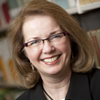 Presentation by Willamette University's Associate Vice President of Academic Affairs and University Librarian, Deborah Dancik.
Presentation by Willamette University's Associate Vice President of Academic Affairs and University Librarian, Deborah Dancik.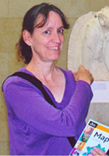 Instructor in Drawing, Understanding Art and Design
Instructor in Drawing, Understanding Art and Design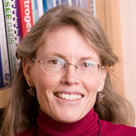
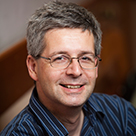 The bitter enmity between Cicero and the Roman patrician Lucius Sergius Catilina forms the background for one of the most dramatic episodes of the end phase of the Roman Republic, Catiline’s attempt in late 63 B.C.E. to overthrow the government and assassinate Cicero, then one of the two reigning consuls. Usually, it is assumed that Catiline hated Cicero because of the embarrassing defeat that he, the proud scion of one of the oldest patrician families of Rome, had suffered in the consular elections of 64 against the “new man” Cicero.
The bitter enmity between Cicero and the Roman patrician Lucius Sergius Catilina forms the background for one of the most dramatic episodes of the end phase of the Roman Republic, Catiline’s attempt in late 63 B.C.E. to overthrow the government and assassinate Cicero, then one of the two reigning consuls. Usually, it is assumed that Catiline hated Cicero because of the embarrassing defeat that he, the proud scion of one of the oldest patrician families of Rome, had suffered in the consular elections of 64 against the “new man” Cicero.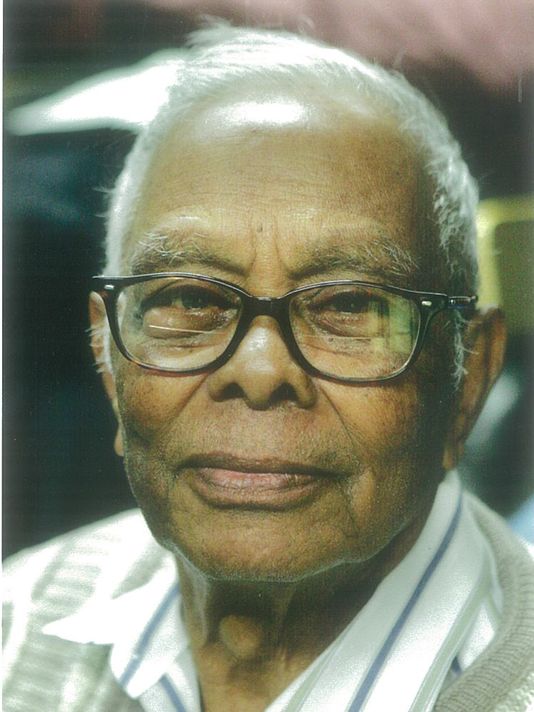
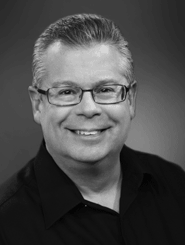 Beethoven's Symphony no. 5 in C Minor, op. 67, Part I
Beethoven's Symphony no. 5 in C Minor, op. 67, Part I
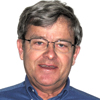 This session is in preparation for our Jan 27th off-site meeting where we look in the mirror to see both “Who are we?” and “Who would we like to become?”. Of utmost importance is for all participants, old and new, to understand the evolution of our important relationship with Willamette University. Hopefully all members who plan to participate in the Jan 27 session will attend. ICL member Don Gallagher will lead this discussion.
This session is in preparation for our Jan 27th off-site meeting where we look in the mirror to see both “Who are we?” and “Who would we like to become?”. Of utmost importance is for all participants, old and new, to understand the evolution of our important relationship with Willamette University. Hopefully all members who plan to participate in the Jan 27 session will attend. ICL member Don Gallagher will lead this discussion.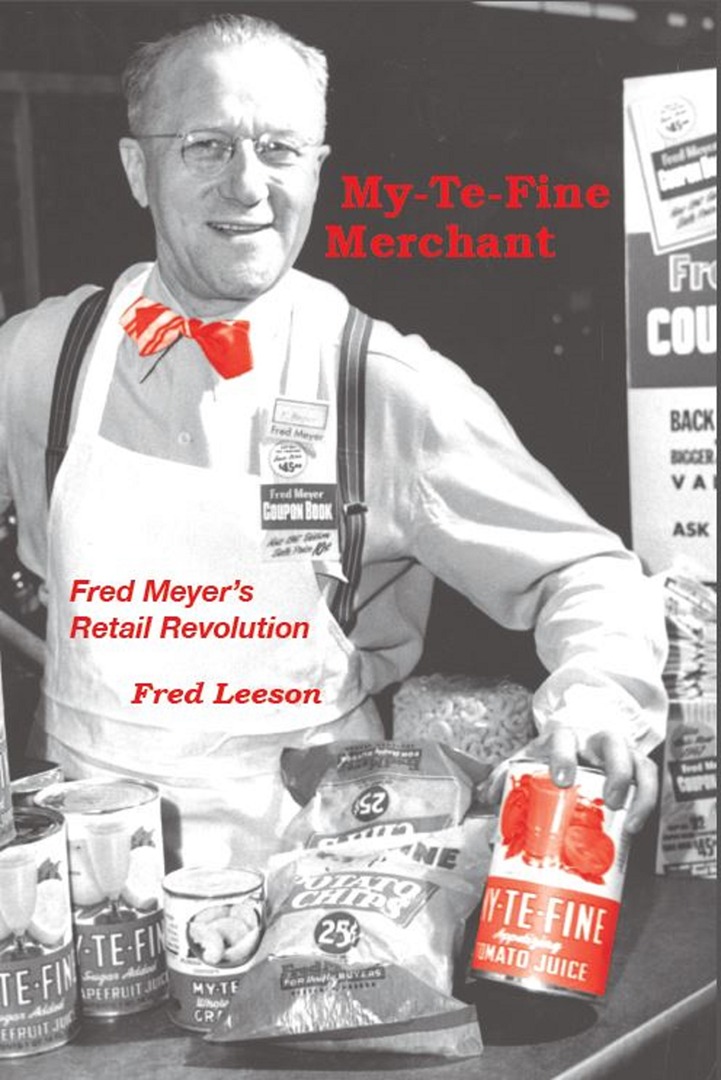 For the first time, a detailed biography reveals the inside story of the Pacific Northwest's pioneering merchant who changed the face of 20th Century retailing. Always charming with customers, Fred Meyer was a different person at the office and in his private life. Drawing on Oregon Historical Society interviews that were locked up for 20 years, MY-TE-FINE MERCHANT lays out the successes and little-known failures of this unforgettable and indomitable entrepreneur.
For the first time, a detailed biography reveals the inside story of the Pacific Northwest's pioneering merchant who changed the face of 20th Century retailing. Always charming with customers, Fred Meyer was a different person at the office and in his private life. Drawing on Oregon Historical Society interviews that were locked up for 20 years, MY-TE-FINE MERCHANT lays out the successes and little-known failures of this unforgettable and indomitable entrepreneur. 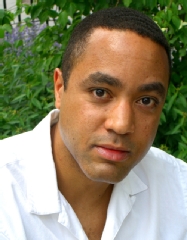
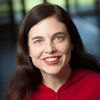
 The aftermath of the Arab Spring has resulted in unforeseen changes in the political landscape in many countries, especially regarding the role of Islam and democracy. How have the countries in the Maghreb reacted, including Tunisia, where the Arab Spring began? Is U.S. foreign policy adapting successfully to all of the changes in the region?
The aftermath of the Arab Spring has resulted in unforeseen changes in the political landscape in many countries, especially regarding the role of Islam and democracy. How have the countries in the Maghreb reacted, including Tunisia, where the Arab Spring began? Is U.S. foreign policy adapting successfully to all of the changes in the region?